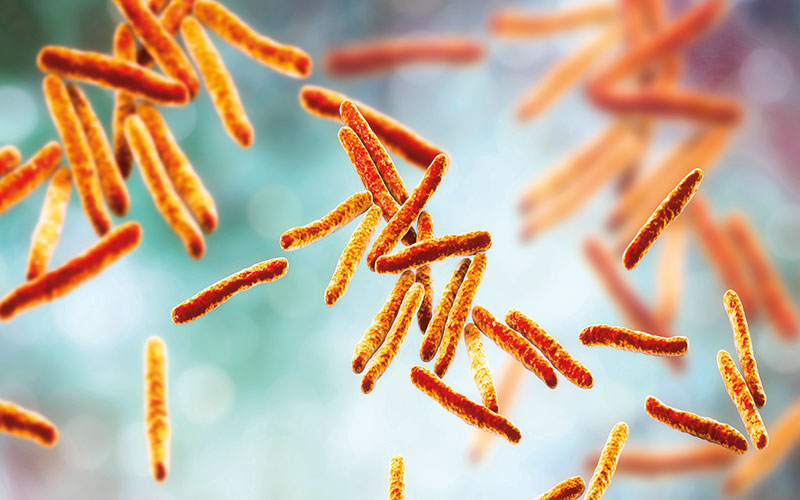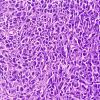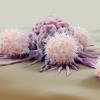New drugs to treat strains of TB that have become resistant to treatment are now a possibility it is claimed, following a discovery from the University of Surrey.

Findings from a study show that scientists have successfully identified the source of nitrogen in host blood cells that allows the pathogen Mycobacterium tuberculosis or the TB bacillus to make proteins and DNA. Preventing access to nitrogen will stop the TB bacillus from growing inside blood cells and halt the spread of the disease in humans.
Strains of TB have become resistant to available drugs, which means the disease is becoming more deadly and difficult to treat.
This is a growing problem, with figures from the TB Alliance indicating that there were 558,000 worldwide cases of drug-resistant TB last year. New drugs are needed that attack novel targets, such as nitrogen uptake.
The scientists discovered that TB bacillus acquires most of its nitrogen from the host cell amino acid, glutamine. Glutamine is an important amino acid with many functions in the body and are key components of proteins and a critical part of the immune system.
This discovery will enable researchers to develop new anti TB drugs to target the transportation and metabolism of glutamine in the body, which will prevent Mycobacterium tuberculosis, or the TB bacillus, accessing the nitrogen it needs to survive and replicate.
Image credit | Shutterstock




